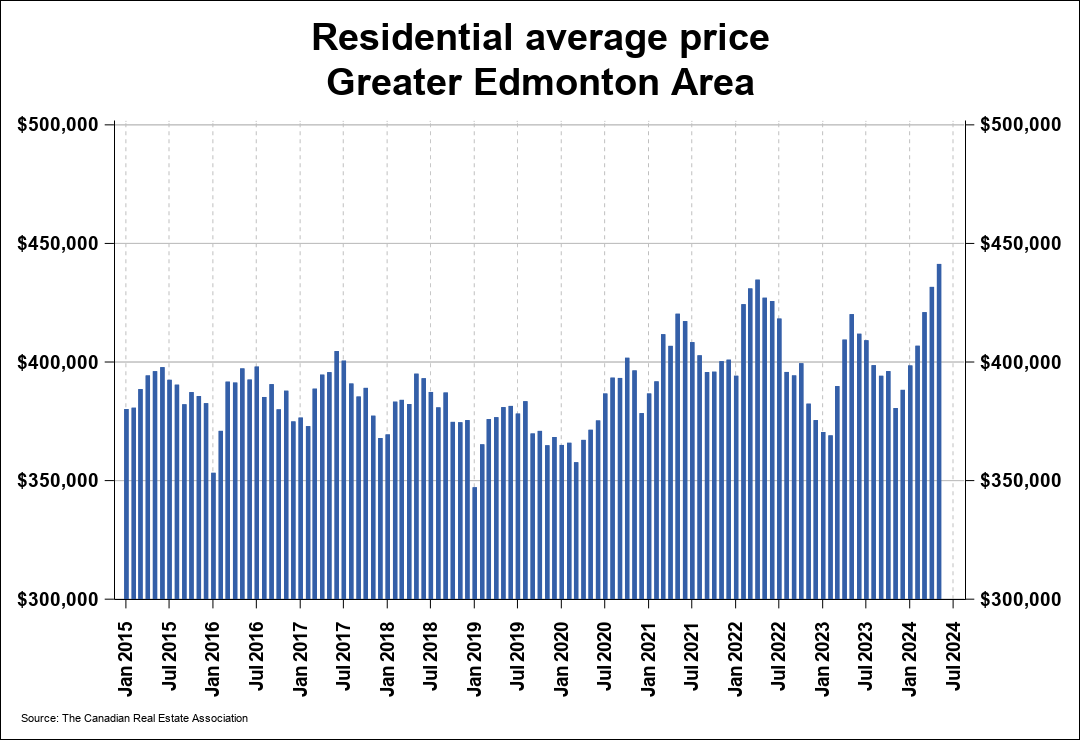Proactive upzoning of "priority growth areas" in Edmonton
Planning for growth
Last week, Edmonton city council approved upzoning a number of priority growth areas, particularly around Edmonton’s light rail system.
City website: Priority Growth Area Rezoning. The city uses standard zones.
The benefits of proactive rezoning include:
Creating more certainty for applicants and the surrounding community on what types of developments will be encouraged and supported in these areas
Reducing the costs and risks associated with developer-initiated rezonings, which helps streamline the development process and make it easier to build new homes and businesses
Unlocking land supply in our existing neighbourhoods to incentivize the development of a wider range of housing options and more diverse economic and employment opportunities
Proactively identifying infrastructure such as water, drainage and transportation considerations to support the increased density enabled by the proposed rezonings
The city website emphasizes:
It would still be up to individual property owners to bring forward development proposals to the City for review.
Rezoning will not guarantee development due to the many considerations that go into development and buildings/homes may remain on properties in perpetuity. Removing the rezoning barriers is intended to help shorten and streamline the process when an application is submitted. Homeowners can remain in their homes for as long as they want. No one will be required to leave and/or sell their homes.
Comments from Robert Summers on Twitter:
Current speaker in Edmonton's mass upzoning public hearing is noting that investors are buying homes. This is very true in markets with restrictive zoning and slow regulatory processes. Edmonton, on the other hand, has not seen that because supply is keeping up with demand.
If someone speculatively invested in a home in Edmonton in 2015 they would have received an annual rate of return of about 2.13% which would be a terrible investment relative to the stock market or just about anything else.
Why doesn’t this happen in Metro Vancouver?
Short answer: in Metro Vancouver, municipal governments act as a vendor, selling permission to build. And they follow the OPEC strategy of selling limited quantities at high prices. This allows them to keep property taxes low, while ratcheting up the floor on prices and rents.
In Metro Vancouver:
The municipal government imposes tight restrictions on what you can build, so until you have their permission, the value of the land is heavily discounted. When the municipality agrees to give you permission to build, they charge you 70-80% of the discount. They’re taking away your ability to build more housing on your land, and then selling it back to you.
For municipal governments in Metro Vancouver, the discount is precious, worth hundreds of millions of dollars every year. (There’s no free lunch: this translates to higher prices and rents for younger people, for both new and existing housing.) They have a very strong incentive to avoid doing anything that would reduce the discount.
More
Previously: Edmonton’s zoning bylaw renewal (October 2023). Oh the Urbanity!: Edmonton is leading on housing reform (May 2024). Why housing in Vancouver is about 2X as expensive as Edmonton (August 2024).
High density nodes get pushback at Edmonton public hearing. Cindy Nguyen, Edmonton Journal.
Edmonton city council passes rezoning bylaw for priority growth areas. Emily Williams, CBC News.


